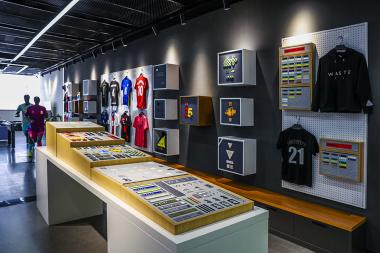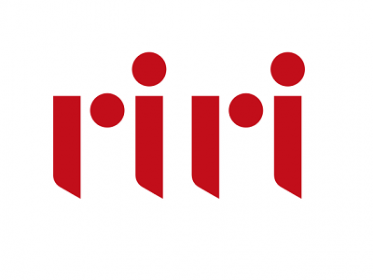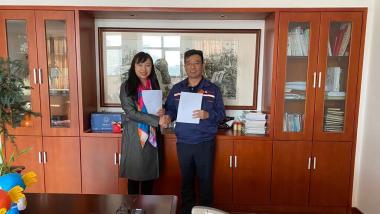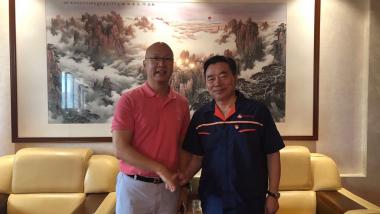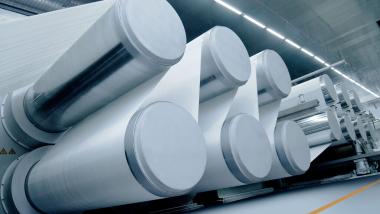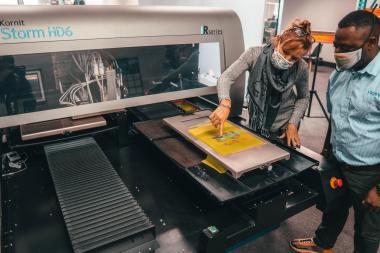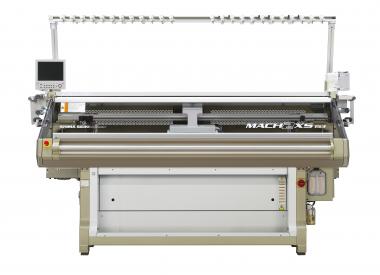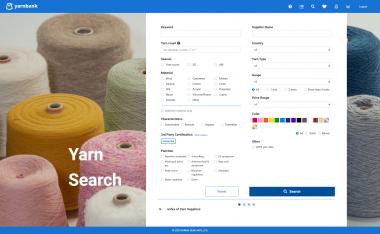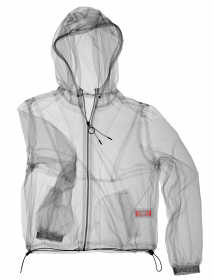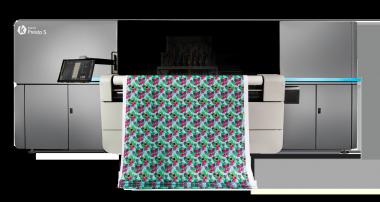Rieter Acquires Three Businesses from Saurer
- Schlafhorst automatic winder as well as Accotex and Temco will be transferred from Saurer to Rieter
- Investment to complete Rieter’s ring- and compact spinning systems and in two attractive component businesses
- Closing expected during the month of August, implementation to be completed in six to nine months
On August 13, 2021, Rieter Holding Ltd., Winterthur/Switzerland, and Saurer Intelligent Technology Co. Ltd., Shanghai/China listed, signed an agreement by which Rieter will acquire three businesses from Saurer Netherlands Machinery Company B.V., Amsterdam/Netherlands, the parent company of Saurer Spinning Solutions GmbH & Co. KG, Uebach-Palenberg/Germany and Saurer Technologies GmbH & Co. KG, Krefeld/Germany.
With this acquisition, Rieter will complete the offering of ring- and compact spinning systems by acquiring the Schlafhorst automatic winder business. Additionally, Rieter invests in two attractive component businesses: Accotex (elastomer components for spinning machines) and Temco (bearing solutions for filament machines).
In total, the three businesses had a combined turnover of EUR 142 million in 2020, the year of the COVID crisis. In 2019 and 2018, the total combined turnover was at a level of EUR 235 million and EUR 260 million, respectively.
The purchase price for the three businesses is EUR 300 million on a cash and debt free basis. Rieter has financed the purchase price by cash and available credit lines.
Rieter and Saurer expect to close the transaction during the month of August. In the first step of the transaction, Rieter will acquire 57% of the shares of Saurer Netherlands. The shares will be returned to Saurer after the implementation of the transaction in six to nine months.
In connection with the transaction, it is envisaged that Rieter will supply automatic winders to Saurer in the future.
Rieter Holding AG Saurer Schlafhorst Saurer ring spinning compact spinning systems
Rieter Management AG










